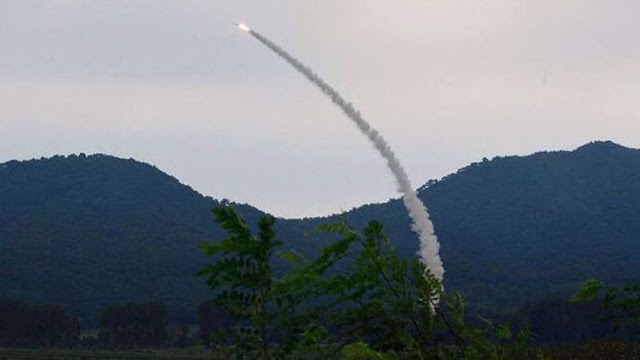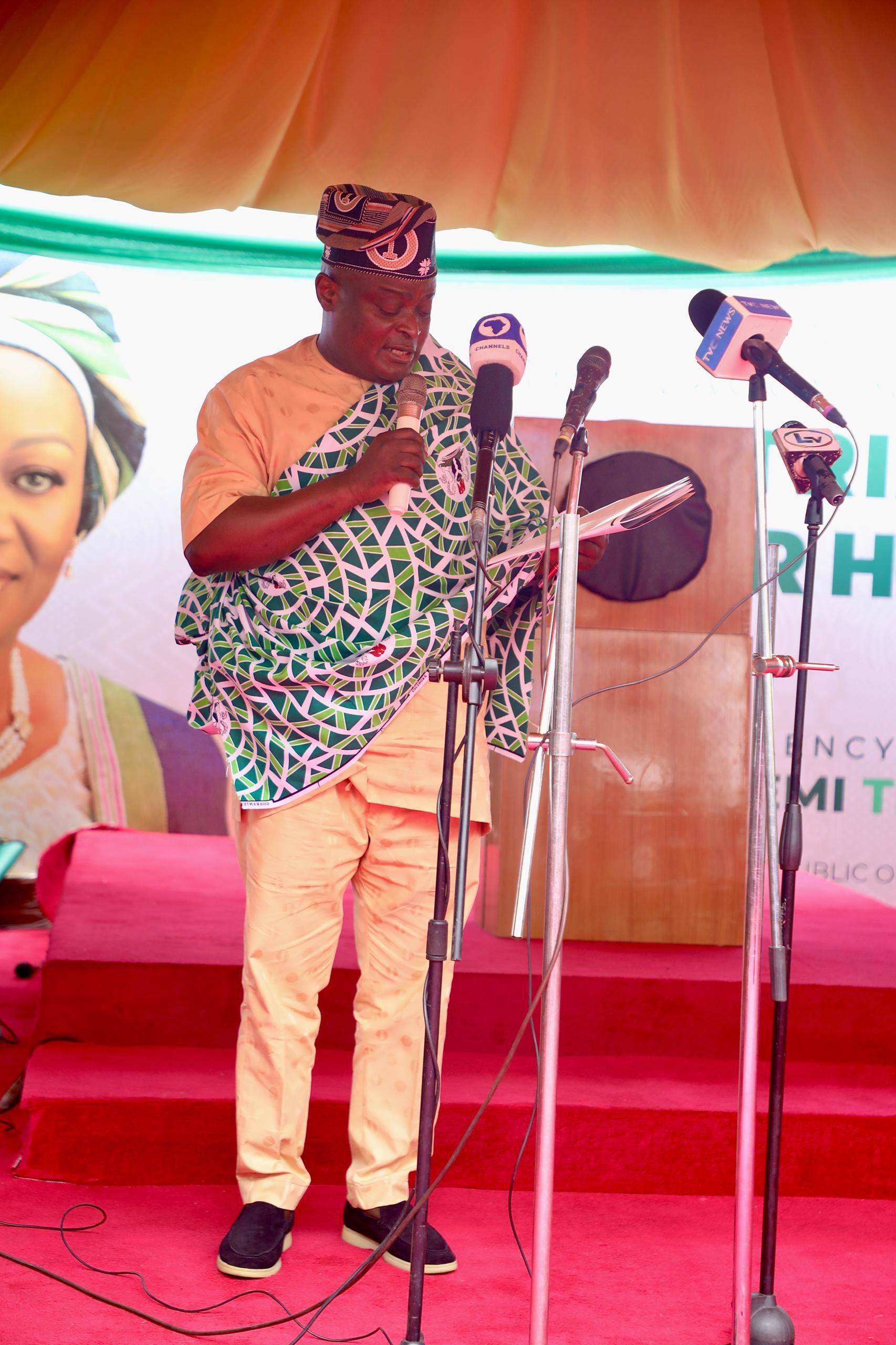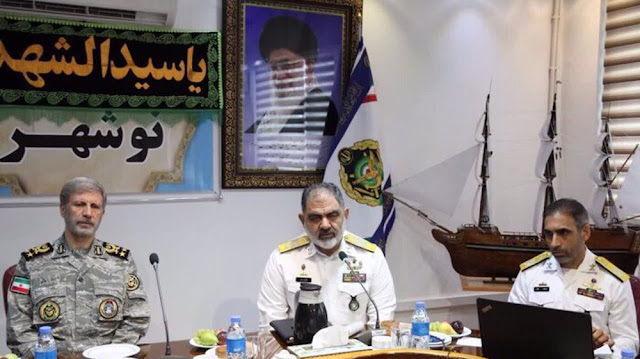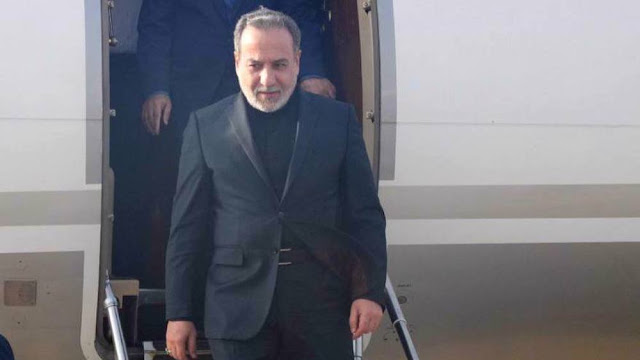On Sunday, August 24, 2025, the Korean Central News Agency (KCNA) reported that North Korean leader Kim Jong Un had personally overseen the test-firing of two newly developed missiles on Saturday, August 23, 2025. Described as possessing “superior combat capability” and incorporating “unique technology,” these missiles mark a significant advancement in North Korea’s military arsenal.
North Korea test-fires a new anti-air missile at undisclosed location on Aug. 23, 2025. (Photo via AP)
The development comes amid heightened geopolitical tensions and a strengthening alliance between Pyongyang and Moscow, underscored by a mutual defense treaty ratified in 2024 and North Korea’s active support for Russia’s military operations in Ukraine. This article provides a comprehensive analysis of the missile tests, North Korea’s evolving military capabilities, its deepening ties with Russia, and the broader implications for regional and global security.
The Missile Tests: A Display of Technological Prowess
The test-firing of the two new missile types, as reported by KCNA, represents a significant milestone in North Korea’s ongoing efforts to enhance its military capabilities. While the state media outlet did not disclose specific details about the missiles’ range, payload, or intended use, the description of “superior combat capability” and “unique technology” suggests advancements in precision, destructive power, or delivery systems. These developments align with North Korea’s long-standing goal of bolstering its deterrence capabilities, particularly in response to perceived threats from the United States, South Korea, and Japan.
Kim Jong Un’s presence at the test site underscores the strategic importance of the event. As the Supreme Leader, Kim’s direct oversight of military activities is a hallmark of North Korea’s centralized leadership model, signaling to both domestic and international audiences the regime’s commitment to military modernization. The tests are likely part of a broader effort to refine North Korea’s missile technology, which includes intercontinental ballistic missiles (ICBMs), submarine-launched ballistic missiles (SLBMs), and hypersonic weapons, all designed to counter advanced defense systems like the U.S.-led Terminal High Altitude Area Defense (THAAD) and South Korea’s missile defense networks.
The timing of the tests is noteworthy, coming shortly after North Korea’s increased military cooperation with Russia and amid heightened tensions on the Korean Peninsula. South Korea and the United States have repeatedly condemned North Korea’s missile activities as violations of United Nations Security Council resolutions, which prohibit the country from developing ballistic missile technology. However, Pyongyang has consistently justified its actions as necessary for self-defense, citing the military presence of the U.S. and its allies in the region as a direct threat to its sovereignty.
North Korea-Russia Alliance: A Strategic Partnership
The missile tests must be viewed in the context of North Korea’s burgeoning alliance with Russia, which has deepened significantly since Moscow launched its “special military operation” in Ukraine in February 2022. This partnership, formalized through a mutual defense treaty signed by Kim Jong Un and Russian President Vladimir Putin in June 2024 and ratified later that year, commits both nations to come to each other’s defense in the event of a foreign attack. The treaty represents a significant shift in North Korea’s foreign policy, which has historically been marked by isolationism and reliance on China as its primary ally.
The North Korea-Russia relationship has evolved rapidly over the past three years, driven by mutual strategic interests. For North Korea, Russia provides a counterbalance to Western sanctions and diplomatic isolation, as well as access to advanced military technology and economic support. For Russia, North Korea offers a reliable partner in its efforts to challenge Western dominance, particularly in the context of the Ukraine conflict. The two nations have engaged in high-level exchanges, with Kim visiting Russia multiple times, including a notable trip to the Vostochny Cosmodrome in 2023.
During the 2023 visit, Kim expressed admiration for Russia’s space program, stating, “I’m honored that President Putin has shown a deep interest, provided an opportunity to engage … and, given us a chance to gain a deeper understanding of the current and future of a space power.” Kim’s remarks highlighted North Korea’s ambition to advance its satellite technology, a goal closely tied to its missile program, as satellite launch vehicles share technological similarities with ballistic missiles. The collaboration with Russia has likely provided North Korea with technical expertise and resources to accelerate these efforts, raising concerns among Western intelligence agencies about the transfer of sensitive technologies.
North Korea’s Military Support for Russia
One of the most significant aspects of the North Korea-Russia alliance is Pyongyang’s direct involvement in Russia’s military operations in Ukraine. Since the fall of 2024, North Korea has reportedly sent approximately 15,000 troops to support Russian forces, particularly in the Donbas region of eastern Ukraine. These troops have been involved in combat operations, with South Korean military sources estimating that around 600 North Korean soldiers have been killed. The deployment of North Korean troops to a foreign conflict marks a rare and bold move for Pyongyang, which has historically avoided direct military engagement beyond its borders.
In addition to troop deployments, North Korea has supplied Russia with large shipments of weapons, including artillery and ballistic missiles. These supplies have been critical in supporting Russia’s efforts to “liberate” the Donbas region, as described by Russian and North Korean state media. The transfer of ballistic missiles, in particular, has raised alarm in Western capitals, as it violates UN sanctions and enhances Russia’s military capabilities in a conflict that has already destabilized global security.
On August 15, 2025, Kim Jong Un participated in a ceremony in Pyongyang to honor North Korean soldiers who fought in Ukraine. The event, widely covered by state media, saw Kim award state “hero” titles to returning soldiers and place medals beside 101 portraits of fallen troops, whom he described as “great men, great heroes and great patriots.” The ceremony was a powerful display of North Korea’s commitment to its alliance with Russia, as well as a propaganda effort to rally domestic support for the regime’s foreign policy.
Kim has also agreed to send thousands of military construction workers and mine removers to Russia’s Kursk region, a deployment that South Korean intelligence believes could occur in the near future. This move reflects North Korea’s willingness to provide multifaceted support to Russia, extending beyond combat operations to include logistical and reconstruction efforts. The deployment to Kursk, a region that has seen significant fighting, underscores the deepening military and economic ties between Pyongyang and Moscow.
Geopolitical Context and Regional Implications
The missile tests and North Korea’s growing alignment with Russia occur against a backdrop of heightened global tensions. The Ukraine conflict has reshaped international alliances, creating a divide between Western powers and a coalition of states, including Russia, China, and North Korea, that seek to challenge the U.S.-led world order. North Korea’s involvement in Ukraine has further strained its relations with the United States, South Korea, and Japan, which view Pyongyang’s actions as a direct threat to regional and global stability.
South Korea, in particular, has expressed alarm at North Korea’s military cooperation with Russia. The South Korean government, which maintains one of the most advanced militaries in the region, has closely monitored Pyongyang’s missile tests and troop deployments. The estimate of 15,000 North Korean troops in Russia, provided by South Korean military sources, highlights the intelligence-sharing and coordination between Seoul and its allies, particularly the United States. South Korea’s concerns are compounded by the possibility that Russia is providing North Korea with advanced military technology, including missile guidance systems and satellite technology, in exchange for its support.
Japan, another key U.S. ally in the region, has also voiced concerns about North Korea’s missile tests and its alignment with Russia. Tokyo has long viewed Pyongyang’s missile program as a direct threat, given the country’s ability to strike Japanese territory with ballistic missiles. The tests on August 23, 2025, are likely to prompt Japan to strengthen its missile defense systems and deepen its military cooperation with the U.S. and South Korea.
China, North Korea’s traditional ally, has taken a more cautious stance. While Beijing has maintained economic and diplomatic ties with Pyongyang, it has been wary of North Korea’s growing dependence on Russia. The North Korea-Russia alliance could reduce China’s influence over Pyongyang, complicating Beijing’s efforts to maintain stability on the Korean Peninsula. However, China has also benefited from the broader alignment with Russia and North Korea, as it shares their goal of countering Western dominance.
Implications for Global Security
The developments in North Korea, from the missile tests to its military support for Russia, have far-reaching implications for global security. Below are some of the key implications:
Escalation of Tensions on the Korean Peninsula: The missile tests are likely to provoke a strong response from South Korea, the United States, and Japan, potentially leading to increased military exercises and deployments in the region. This could heighten the risk of miscalculation and escalation, particularly if North Korea conducts further provocative actions, such as nuclear tests or additional missile launches.
Strengthening of the Russia-North Korea Axis: The mutual defense treaty and North Korea’s support for Russia in Ukraine signal a deepening strategic partnership that could reshape the geopolitical landscape. This alliance challenges the U.S.-led security architecture in Asia and Europe, creating a new front in the global competition between Western and non-Western powers.
Proliferation of Missile Technology: The “unique technology” incorporated in North Korea’s new missiles raises concerns about the potential transfer of advanced capabilities from Russia. If North Korea gains access to cutting-edge guidance systems or hypersonic technology, it could significantly enhance its ability to evade missile defenses and strike distant targets, posing a greater threat to regional adversaries.
Impact on the Ukraine Conflict: North Korea’s troop deployments and weapons supplies have bolstered Russia’s military efforts in Ukraine, prolonging the conflict and complicating Western efforts to support Kyiv. The presence of North Korean troops in a foreign theater also sets a precedent for Pyongyang’s willingness to engage in international conflicts, potentially expanding its role in future crises.
Challenges to International Non-Proliferation Efforts: North Korea’s missile tests and its military cooperation with Russia undermine UN sanctions and non-proliferation regimes. The transfer of ballistic missiles to Russia violates Security Council resolutions, highlighting the limitations of international mechanisms in restraining North Korea’s actions.
Challenges and Opportunities for North Korea
North Korea faces several challenges as it pursues its military modernization and international partnerships. The economic strain of sanctions, coupled with the costs of supporting Russia’s war effort, places significant pressure on the regime to balance military spending with domestic needs. The loss of 600 soldiers in Ukraine, while framed as a heroic sacrifice, could also fuel domestic discontent, particularly if the casualty toll rises.
However, the alliance with Russia presents significant opportunities. Access to Russian technology and resources could accelerate North Korea’s missile and satellite programs, enhancing its strategic capabilities. The mutual defense treaty also provides a degree of security against external threats, reducing Pyongyang’s reliance on China. Moreover, Kim’s high-profile support for Russia has elevated North Korea’s status on the global stage, positioning it as a key player in the emerging anti-Western coalition.
Domestic and International Reactions
Domestically, the missile tests and the ceremony honoring soldiers who fought in Ukraine are likely to bolster Kim Jong Un’s image as a strong and defiant leader. North Korean state media has portrayed these developments as evidence of the country’s resilience and growing influence, reinforcing the regime’s narrative of self-reliance and resistance to foreign pressure. The awarding of “hero” titles and the public display of medals for fallen soldiers serve as powerful propaganda tools, rallying public support and legitimizing the regime’s foreign policy.
Internationally, the missile tests have drawn condemnation from the United States, South Korea, and Japan, which are likely to push for stronger sanctions and diplomatic measures through the UN Security Council. However, Russia and China’s veto power in the Council limits the effectiveness of such efforts, allowing North Korea to continue its military activities with relative impunity. The tests have also heightened concerns among regional powers about the potential for escalation, particularly if North Korea conducts additional provocative actions.
The Role of Diplomacy
While North Korea’s actions are rooted in military posturing, diplomacy remains a critical component of its strategy. Kim’s engagement with Russia, including his visits to Moscow and the Vostochny Cosmodrome, reflects a calculated effort to secure strategic partnerships. However, North Korea’s alignment with Russia risks alienating other potential partners, such as China, and could complicate efforts to resume dialogue with the United States or South Korea.
The prospect of renewed negotiations with the West remains slim, given the breakdown of previous denuclearization talks and North Korea’s commitment to its nuclear and missile programs. However, Kim’s willingness to engage with Russia suggests that Pyongyang is open to pragmatic alliances that advance its interests. Future diplomatic efforts, if any, will likely focus on leveraging North Korea’s partnerships to extract concessions from adversaries, such as sanctions relief or economic aid.
Conclusion
Kim Jong Un’s oversight of the missile tests on August 23, 2025, and North Korea’s deepening alliance with Russia mark a pivotal moment in the country’s military and foreign policy trajectory. The development of missiles with “superior combat capability” and “unique technology” underscores North Korea’s determination to enhance its deterrence capabilities, while its support for Russia in Ukraine reflects a bold expansion of its international role. The mutual defense treaty with Russia, troop deployments, and weapons supplies have positioned North Korea as a key player in the emerging global competition between Western and non-Western powers.
The implications of these developments are profound, affecting the Korean Peninsula, the Ukraine conflict, and the broader international security landscape. As North Korea continues to modernize its military and strengthen its alliances, it faces both opportunities and challenges in navigating a complex geopolitical environment. For now, Kim Jong Un’s leadership is defined by a commitment to military strength and strategic partnerships, signaling that North Korea will remain a formidable and unpredictable force in global affairs.





